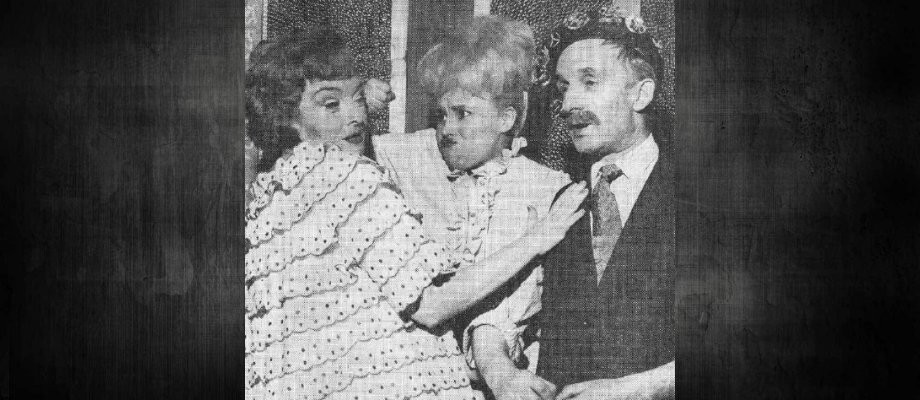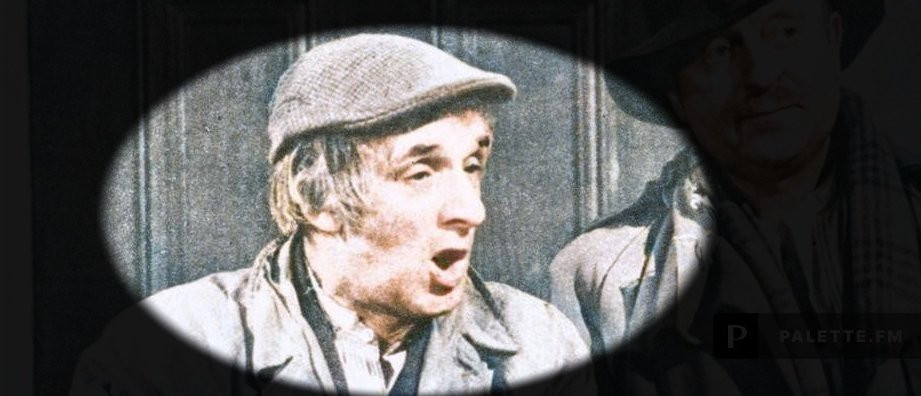
Dermot Kelly
An Unsung Hero
by Laurence Marcus
Dermot Kelly was a versatile and charismatic actor who brought laughter and joy to many audiences with his comic roles. A familiar face on TV and Films in the 1960s and 1970s, he was born in County Laois, Ireland, in 1917, and started his acting career on the stage, often receiving excellent critical reviews. To a wider audience, he became famous for his portrayal of a tramp character in The Arthur Haynes Show, a popular British TV comedy series in the early 1960s. He also appeared in several films, including the acclaimed adaptation of Brendan Behan’s The Quare Fellow, a dark comedy about life in an Irish prison.
Kelly was born in Enniskillen, on 15 May 1917, and left school at 12 years of age to join a travelling Irish troupe, one of a number of performing groups known as a ‘fit-up’ company. Companies like this were a tradition going back many centuries in Ireland and got their name because touring actors used to have to fit up their own stage wherever they stopped. In 1964, Kelly claimed that he was three-quarters of the way through a book he was writing on fit-up companies. "It's a little bitter, but humorous too," he said. "Often we didn't get much of an audience and when there was no audience the was no pay either. The result was that many a time I left a lodging house in the middle of the night..."
When he was 18, Kelly became a clown in a circus, "I had always wanted to do a silent film comedy", he later recalled, "and this was one way of working the ambition out of my system. He then spent 11 years at the Abbey Theatre in Dublin. The Abbey, also known as the National Theatre of Ireland, is one of the country's leading cultural institutions. First opening to the public on 27 December 1904, and moved from its original building after a fire in 1951, it has remained active to the present day. The Abbey was notable for featuring the plays of Sean O’Casey the first Irish playwright of note to write about the Dublin working classes.
In 1942, Kelly appeared in The Whitehead Boy, a play in three acts in which he performed alongside Cyril Cusack. After that he went back touring, and spent time at the Gate Theatre, Dublin, followed by a couple of seasons in Glasgow at the Citizen's Theatre. He also found his way into variety and panto and played a dame and Buttons. Some critics said he was in the definitive production of Waiting for Godot and in the premiere of Brendan Behan's The Quare Fellow. "I had known Behan all my life. We grew up together and during the Troubles, my brother was a political prisoner with him in the Curragh. He was a generous and clever person." The first performance in Eire of Samuel Beckett’s Waiting for Godot was presented at the Pike Theatre Club on 28 October 1955 in which Kelly played the leading part of Vladimir.
Leading roles continued after leaving The Abbey and this was noted by one critic who reviewed his performance in Sean O’Casey’s play The Shadow of a Gunman at the Theatre Royal, Waterford in 1956. ‘Dermot Kelly kept a nobly sustained balance between farce and pathos, demonstrating in the process that the Abbey lost an invaluable O'Casey actor when it let him go.’ The Irish Times referred to Kelly as "one of the finest comedians ever to leave the Abbey.” The Stage’s theatre critic was equally impressed by his appearance in the production of Posterity Be Damned at the Gaiety, Dublin from 28 September 1959, ‘Dermot Kelly as Ninety Higgins steals the show with an excellent portrayal.’
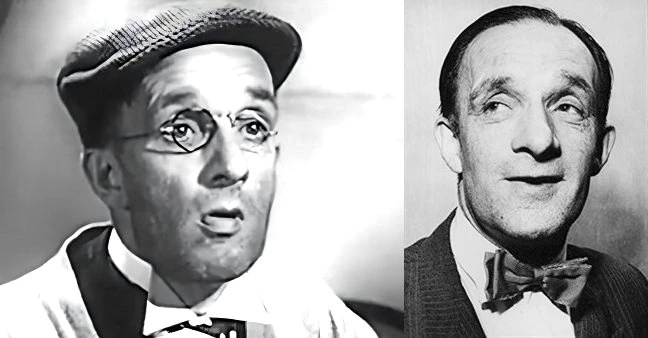
On 3 May 1959, Kelly starred in the BBC's Sunday Night Theatre production of Mooney's Wreck, described in The Stage as ‘a delightful play full of Irish blarney and bubbling with fun.’ Kelly was picked out in the review for his 'beautifully rich performance.' The plaudits continued when in May 1962 he appeared in a three-character Harold Pinter play, The Caretaker at the Essoldo in Southport. ‘Dermot Kelly plays the role of the Irish lay-about with conviction.’ He spent the next few years touring Ireland playing O'Casey, Shaw and Synge.
Kelly arrived in London in a musical version of Synge's classic The Playboy of the Western World which reached the Westminster Theatre as The Heart's a Wonder. Although it only enjoyed a short run it was enough for Kelly to come to the attention of other producers. He was cast in Rediffusion's TV version of The Quare Fellow and in Granada's Messmates series as well as a couple of films out of the Beaconsfield studios. Then he was offered a career-defining role in The Arthur Haynes Show.
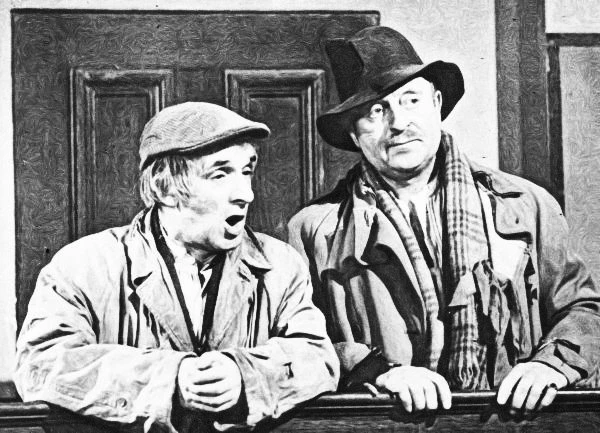
Old Irish, the tramp that blinked and shuffled alongside Arthur Haynes first appeared in 1962. Kelly was initially brought in for a single show as the stooge to Haynes’ know-it-all tramp who took great pride in telling all who would listen (and even those who didn't want to), how he had fought for his country whilst being up to his neck in "muck and bullets." Following this appearance Haynes was rarely seen in the character of the tramp without Kelly by his side. Kelly said he based his tramp character on "a man I met in Praed Street, Paddington."
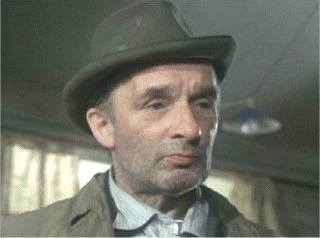
The Tramp in the Arthur Haynes Show was born in Johnny Speight's play The Knacker's Yard. “He writes dialogue for me that no one else could write," said Kelly. "It sounds like ad-libbing and in my opinion that's the test of quality." Years later, Speight cast Kelly in Spooner's Patch, a sitcom that he co-wrote with Ray Galton. "When we wanted to get in touch with Dermot in Ireland his phone wasn't working,” said Speight. “So we reached him through his brother. He answers the phone: Dermot Kelly's brother speaking." Speight said he thought Kelly one of the natural funny men in the world. One line that he ad-libbed was kept in for Spooner's Patch, an otherwise forgettable series which has not aged at all well. "He was supposed to say, 'My teeth are too loose-they were made for a bigger mouth.' Instead, he said: 'They were made for a much taller man.' We thought that was so much better."
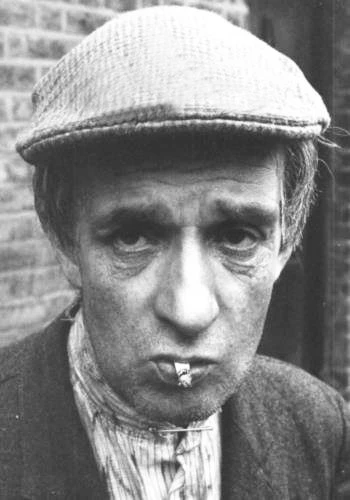
In October 1963 a BBC Comedy Playhouse presentation Shamrot by Johnny Speight saw Kelly playing a Paddington-born Irishman, who although he has never been to Ireland is more Irish than the Irish. He has built himself a little world around Ireland, the oppressed country. He will not work for fear of adding to the prosperity of Britain and indeed delights in his weekly contribution to Britain's downfall, the collection of his dole, every penny of which helps to destroy the British economy. There was no spin-off series as a result.
Possibly because of this, as early as 1964, Kelly was mindful of the fact that he had maybe typecast himself into a corner. Interviewed for the Derby Daily Telegraph in January of that year, Kelly told reporter Cathryn Rose, "I don't think you are allowed to be an actor on TV. If they want a man of 70, they find an actor of 70 to play the part. On stage, where they do want actors, I was playing a man of 70 when I was 25. On TV it is just as well to be a 'personality.' Then people will accept you. If you wanted to live as an actor on TV I don't think you could. You might be in a play one night, and because of that, you wouldn't be in another for perhaps a couple of months. But if you can create a character the public like on TV you might as well play him all the time."
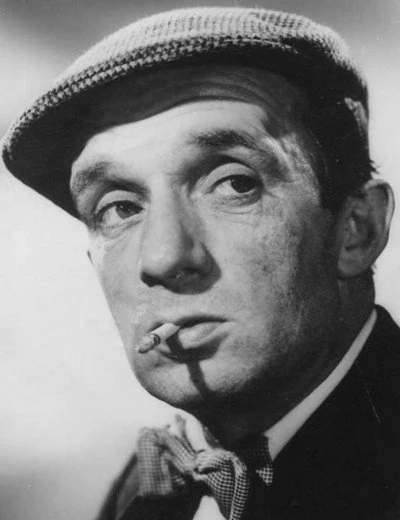
“TV is like films-it is just typecasting. It is what you look like that counts. I feel very sad about the way things have gone in the profession. I had a great love for pantomime and music hall, and I think it is a tragedy this is all gone. I often wish I had lived 80 or 90 years ago. I don't think variety on TV is any substitute at all. It hasn't any atmosphere." To compensate for this Kelly rarely gave up the chance to appear in panto "to relive old glories."
Unmarried, Dermot lived for a while with his schoolteacher sister in a house in Dublin. He owned his own boat and enjoyed sailing. "I think I would have liked to be a lighthouse keeper, because I have a great love of the sea and I like carving things out of wood. In a lighthouse there would be plenty of time for this."
In 1965, Kelly was cast in the film Cup Fever. Because of his commitment to the film, he had to turn down the part of Paul McCartney’s grandfather in A Hard Day’s Night, a role that had been specially written for him by the film’s scriptwriter Alun Owen. The part went to Wilfrid Brambell, a contemporary of Kelly’s from The Abbey.
In November 1966, Arthur Haynes died of a heart attack and Kelly retired his tramp character – for the time being, at least. He continued to appear on television but with diminishing frequency. Appearances in The Champions, The Ken Dodd Show, Randall and Hopkirk (Deceased), and Sykes kept him busy enough to purchase a property in Marlborough Place, St John's Wood.
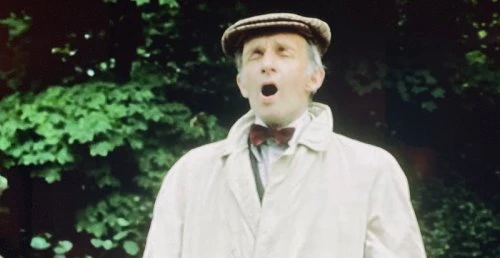
He appeared in the first series of Spooner’s Patch as a tramp-like figure, imaginatively named Kelly, and was due to appear in the second series when he died of a heart attack on 18 February 1980, at his second home in Dublin. He was 61 years of age. A bachelor to the end, he was a brother of the late Dublin journalist Seamus O'Kelly and was survived by a sister, Marguerita, and a brother, Harry, a Dublin solicitor. In his rare moments of leisure, his pleasure was to sail and watch the sun go down on Galway Bay. An actor of consummate skill, Dermot Kelly’s best work was perhaps never seen on film or television, but before the setting of his final sun, he ensured that his legacy was plenty.
Published on November 29th, 2023. Written by Laurence Marcus for Television Heaven.


